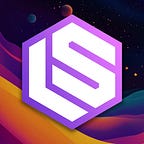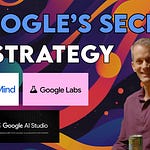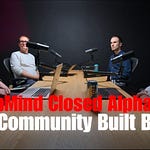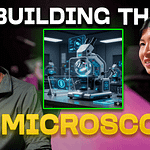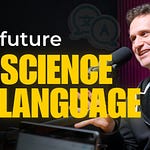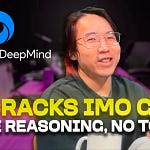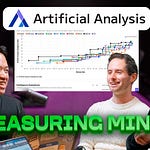This is a special double weekend crosspost of AI podcasts, helping attendees prepare for the AI Engineer Summit next week. Swyx gave a keynote on the Software 3.0 Landscape recently (referenced in our recent Humanloop episode) and was invited to go deeper in podcast format, and to preview the AI Engineer Summit Schedule.
For those seeking to ramp up on the current state of thinking on AI Engineering, this should be the perfect place to start, alongside our upcoming Latent Space University course (which is being tested live for the first time at the Summit workshops).
While you are listening, there are two things you can do to be part of the AI Engineer experience. One, join the AI Engineer Summit Slack. Two, take the State of AI Engineering survey and help us get to 1000 respondents!
Full transcript available here!
Links
AI Engineer Summit (Join livestream and Slack community)
State of AI Engineering Survey (please help us fill this out to represent you!)
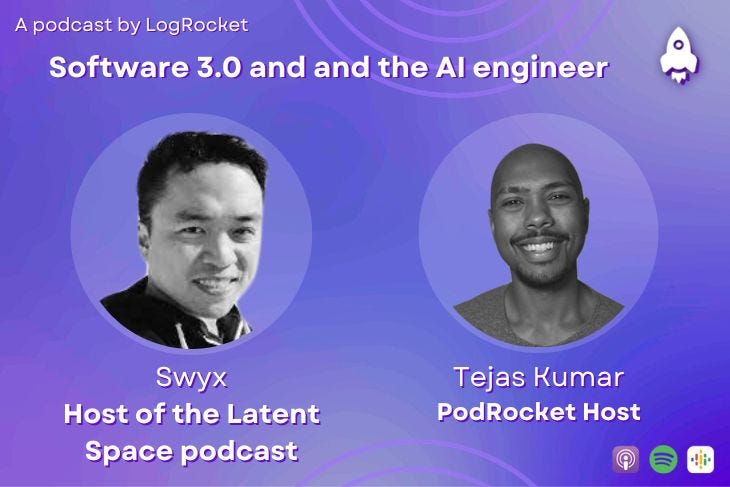
Show notes
Explaining Software 1.0, 2.0, and 3.0
Software 1.0: Hand-coded software with conditional logic, loops, etc.
Software 2.0: Machine learning models like neural nets trained on data
Software 3.0: Using large pre-trained foundation models without needing to collect/label training data
Foundation Models and Model Architecture
Foundation models like GPT-3/4, Claude, Whisper - can be used off the shelf via API
Model architecture refers to the layers and structure of a ML model
Grabbing a pre-trained model lets you skip data collection and training
Putting Foundation Models into Production
Levels of difficulty: calling an API, running locally, fully serving high-volume predictions
Key factors: GPU utilization, batching, infrastructure expertise
The Emerging AI Developer Landscape
AI is becoming more accessible to "traditional" software engineers
Distinction between ML engineers and new role of AI engineers
AI engineers consume foundation model APIs vs. developing models from scratch
The Economics of AI Engineers
Demand for AI exceeds supply of ML experts to build it
AI engineers will emerge out of software engineers learning these skills
Defining the AI Engineering Stack
System of reasoning: Foundation model APIs
Retrieval augmented generation (RAG) stack: Connects models to data
AI UX: New modalities and interfaces beyond chatbots
Building Products with Foundation Models
Replicating existing features isn't enough - need unique value
Focus on solving customer problems and building trust
AI Skepticism and Hype
Some skepticism is healthy, but "AI blame" also emerges
High expectations from media/industry creators
Important to stay grounded in real customer needs
Meaningful AI Applications
Many examples of AI positively impacting lives already
Engineers have power to build and explore - lots of opportunity
Closing and AI Engineer Summit Details
October 8-10 virtual conference for AI engineers
Speakers from OpenAI, Microsoft, Amazon, etc
Free to attend online


